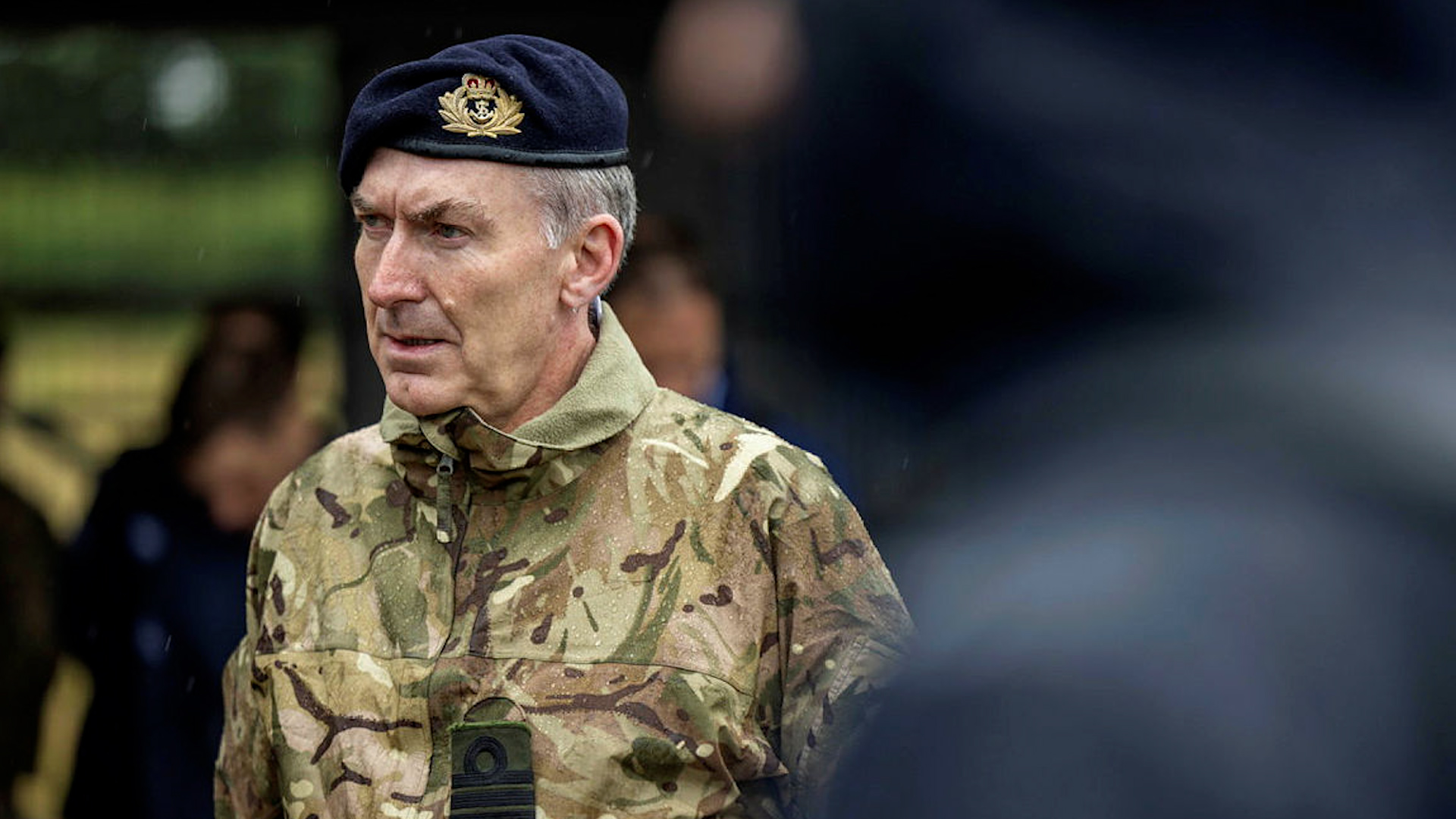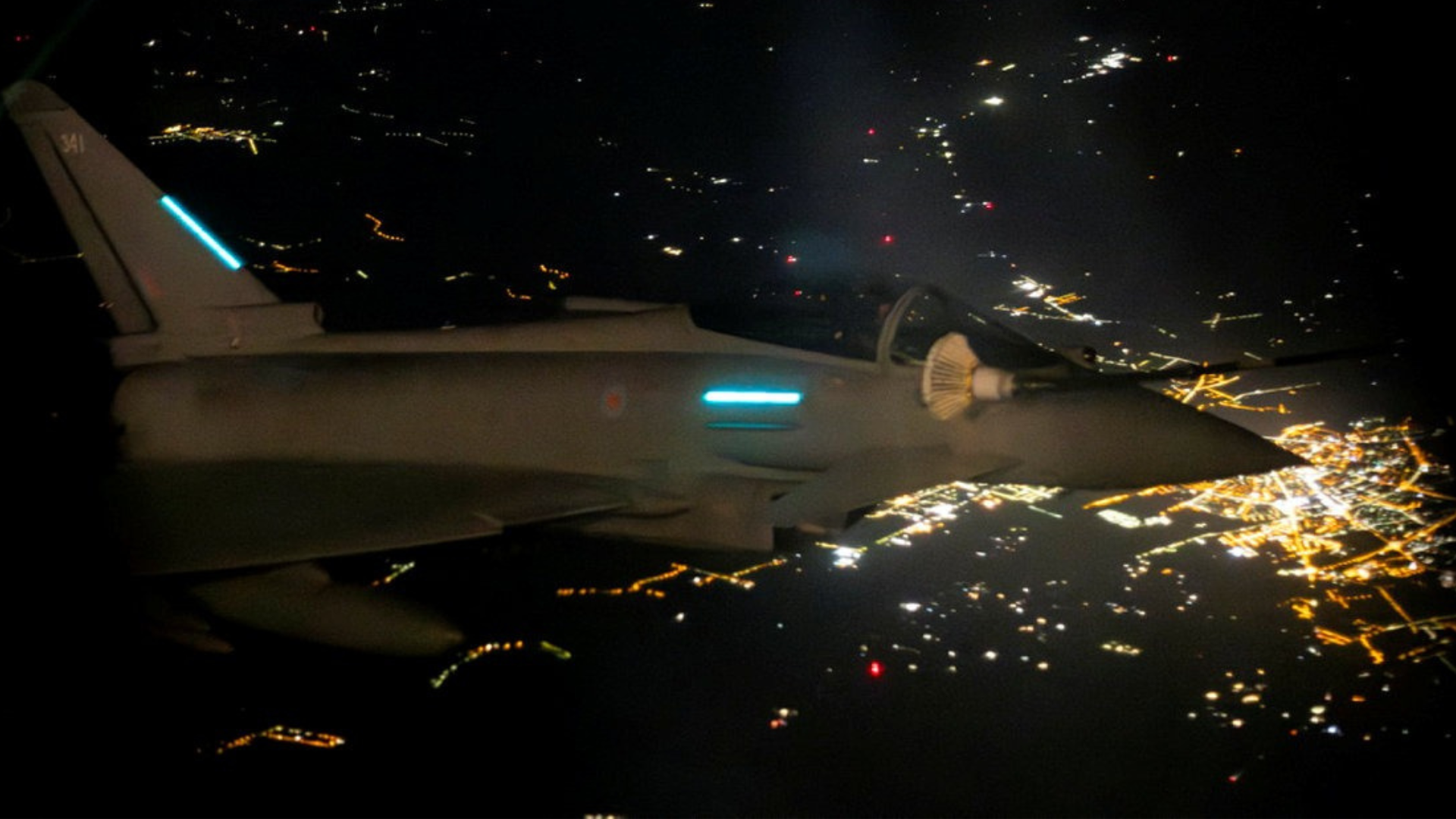UK may be failing Nato through its inability to defend itself, says report by MPs
The UK could be failing to meet its obligations under Article 3 of the Nato treaty to build upon its own defences, a new report by a cross-party panel of MPs has found.
Article 3 of the Nato treaty sets out the requirement for member nations to "maintain and develop individual and collective capacity to resist armed attack" at home and overseas.
The latest report from the Defence Committee has warned the UK might be falling short on this requirement, due to the slow pace of change in the country's industrial base, as well as a lack of awareness among the population on how they might be expected to respond during a crisis.
In an effort to solve these critical issues, the committee is recommending public briefings to keep wider society in the loop on recent attacks against the UK in cyber and through sabotage.
The Government's Strategic Defence Review previously highlighted the need for a "national conversation" to connect defence and wider society, but the report said little progress has been made in this area.
Reconfiguring the UK's approach to readiness would also involve Britain identifying areas within Nato capability that it could lead in, in the event the US withdrew them to focus on its own regional priorities.
That message is already at the forefront of military minds; it's less than a year since the then-head of the Armed Forces, Admiral Sir Tony Radakin, suggested Nato members carved out unique specialisms in the alliance, rather than becoming "mini-mes" to the defence superpower of the United States.

Less reliance on our transatlantic allies
Europe as a whole is overly dependent on the US, the report says, adding that it's vital that the British defence industry isn’t "sidelined or excluded from working with their European counterparts".
The question of British participation in European defence mechanisms is also high on the diplomatic agenda as the UK attempts to negotiate access to Europe's SAFE programme.
Chair of the Defence Committee, Tan Dhesi MP, said: "Putin’s brutal invasion of Ukraine, unrelenting disinformation campaigns, and repeated incursions into European airspace mean that we cannot afford to bury our heads in the sand.
"Despite clear, consistent signals from successive US presidents that European allies needed to step up, Europe has continued to bank on protection from the US and under-invest in its own defence.
"We are therefore calling on the Government to assess where the UK can replace US capabilities in the event of them being withdrawn."
He also said that the government should not be afraid of direct engagement with the public, adding: "Wars aren't won just by generals, but by the whole of the population getting behind the Armed Forces and playing our part."

Is one nuclear deterrent enough?
The report also calls for the UK to urgently strengthen its conventional and nuclear capabilities, with MPs seeking to understand why the government has ruled out investing in a second type of nuclear deterrent.
"The UK already declares its nuclear deterrent to the defence of Nato, the single most significant contribution it can make," it reads.
"Whilst we have not received sufficient evidence to recommend investing in a second sovereign delivery method for nuclear deterrence, we wish to understand why the Government dismissed this option – we recommend it set out its reasoning in detail in response to this report."
An MOD spokesperson said: "Later today, the Defence Secretary will outline his plans to bolster the UK's warfighting readiness, keeping Britain secure at home and strong abroad.
"This includes identifying multiple sites across the UK for new factories to make munitions and military explosives as we move to the next phase of building factories of the future.
"Choices taken by the Chancellor at the upcoming Budget will ensure no return to the hollowed out and underfunded Armed Forces of the past, as we continue the biggest sustained increase in defence spending since the Cold War, allowing us to invest in the modern capabilities to keep the country safe."







